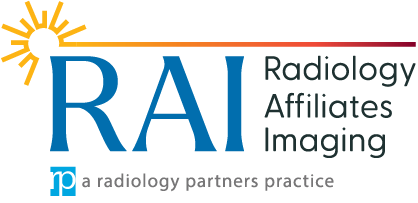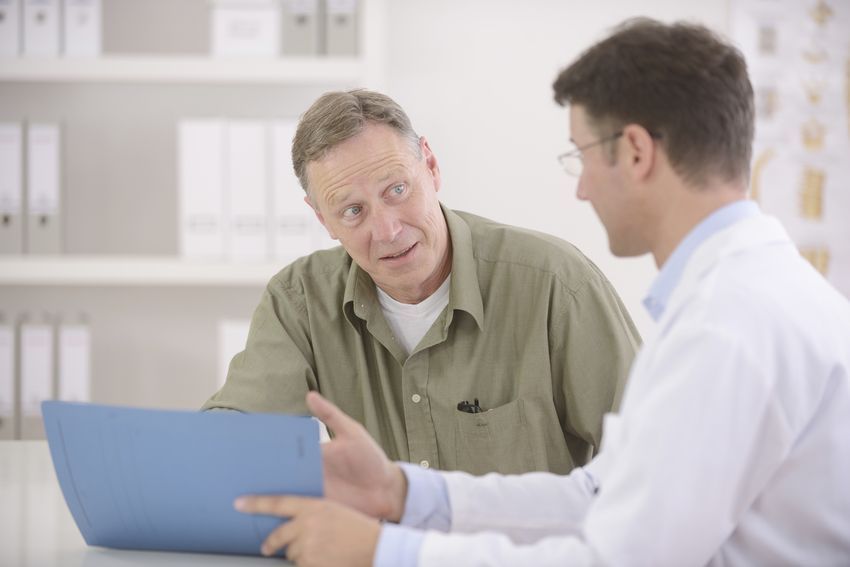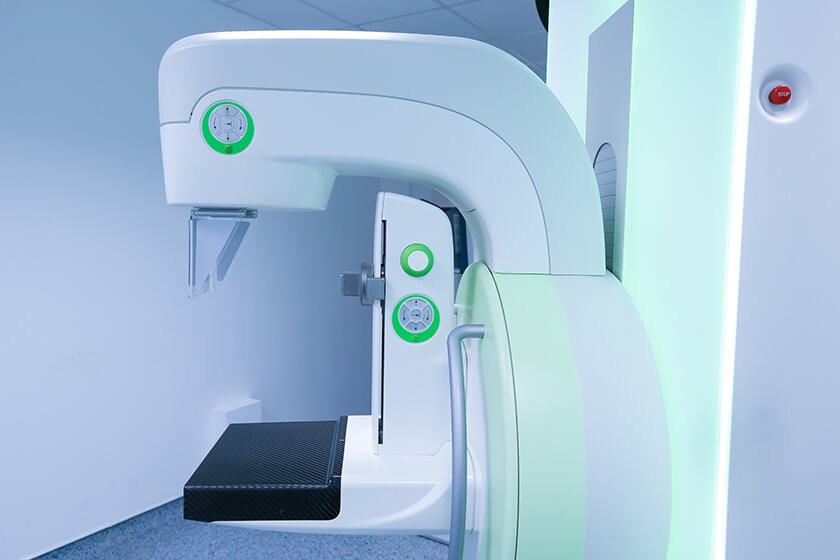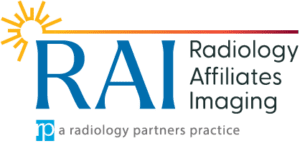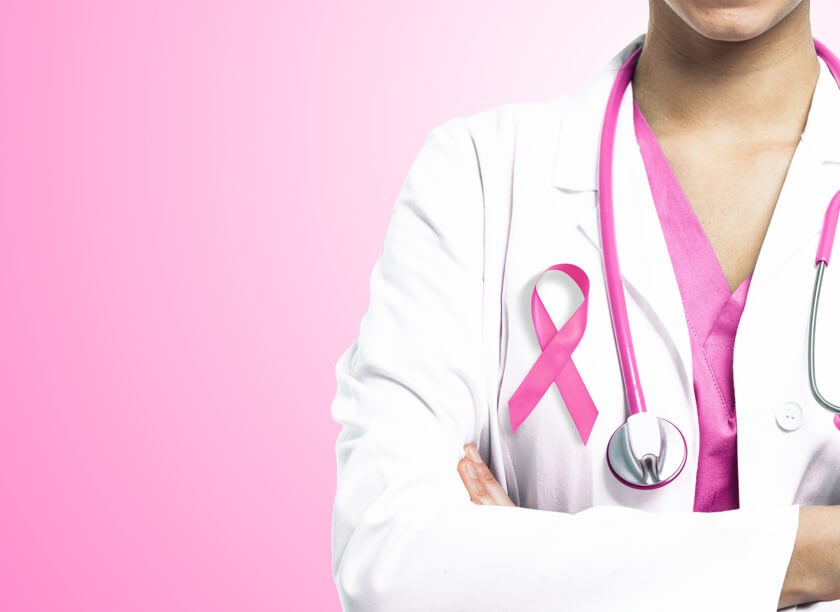
New Study Shows the Value of Getting a Second Opinion When You Receive a Diagnosis of Breast Cancer

When they receive a diagnosis of breast cancer, many women and their doctors want to begin treatment immediately. Early treatment is usually a great idea when it comes to cancer care, as treatment is usually most effective in the earliest stages of cancer, when the disease is most responsive to treatment. While it is important to start treatment as soon as possible, the results of a new study highlight the importance of getting a second opinion before starting treatment. This research shows a second opinion can change the diagnosis and therefore change the course of treatment.
The study of cancer, known as oncology, is complex. Each person who develops cancer is an individual with his or her own life and lifestyle, and every case of cancer progresses through its stages in a different way. This can make coming up with a diagnosis and prognosis, or likely course of the disease, difficult. Having an accurate diagnosis and prognosis is important because an oncologist, or doctor who treats cancer, will develop a recommended course of treatment based on the diagnosis and prognosis.
In many cases, the patient will have a team of oncologists who provide care. A woman may have a radiation oncologist that performs radiation treatment, surgical oncologists that surgically remove the tumor and associated tissue, and medical oncologists that give chemotherapy.
Getting the diagnosis wrong could potentially lead to a patient undergoing the wrong treatment for her breast cancer.
“Our results show our second opinion really does provide value in potentially changing the diagnosis, which in most cases will eventually change treatment,” says surgical oncologist Nancy DeMore, M.D., of the Hollings Cancer Center at the Medical University of South Carolina (MUSC) in a press release. “I would hope this study would empower patients to seek a second opinion at centers that specialize in oncology.”
The Value of a Second Opinion for Breast Cancer Patients
More than 20 scientists recently gathered to review the cases of dozens of women diagnosed with breast cancer who wanted second opinions. The group of medical professionals included radiation oncologists, surgical oncologists and medical oncologists, along with other cancer professionals, such as nurse navigators, geneticists, pathologists, and radiologists.
The research team looked at mammogram slides from participants who had received a breast cancer diagnosis at an outside institution before receiving a second opinion from MUSC Health, between August 2015 and March 2016. The oncology specialists also looked at the radiology, genetic testing, and pathology reports from the outside institutions to see what the x-rays and MRIs showed, what the pathologist says about the biopsy tissue, and genetic testing to learn the patient’s family history of breast cancer. The researchers then compared those documents with tumor board reviews of the case and the patient’s following workup at MUSC.
The team of scientists reviewed information from 70 female participants who had received a second opinion from a National Cancer Institute-Designated (NCI-Designated) cancer center with a tumor board. They found that a review by that board of oncology specialists changed the diagnosis for 43 percent of the patients who received a second opinion for their breast cancer.
In all doctors performed 30 additional biopsies for 25 of the patients, and identified new cancers in 16 patients. Doctors providing second opinions diagnosed 16 additional cancers that in the same breast, other breast or that had spread. In other words, the second opinion biopsy found an additional cancer that the first biopsy had missed in 22.8 percent of the 70 patients.
“Those findings would drastically change care,” says DeMore. “In addition, we found the pathology review changed in 20 percent of people. And 16 percent of people who met guidelines for genetic testing by the National Comprehensive Cancer Network (NCCN) guidelines for genetic testing had not been referred for testing.”
Other similar national studies back up these findings, but the participants in those studies did not have as many diagnosis changes as did the participants in this newest research. The researchers attributed this difference to the fact that the study was performed in South Carolina, which is a rural state that has only one NCI-Designated Cancer Center and MUSC is the only university in the state with a radiology residency program. This actually underscores the importance of getting a second opinion for those who live in areas without specialized care. Using advanced technology, such as 3D mammography performed in conjunction with traditional mammography, can improve the accuracy of a diagnosis on the first and on the second opinion.
Research shows that 3D mammograms can significantly improve the detection of breast cancers, particularly in the earliest stages when traditional mammography alone can miss it. 3D mammography, also known as digital breast tomosynthesis, creates images that oncologists can flip through to find fine details that overlapping tissue might hide. The accuracy and versatility of 3D mammography images also decrease the need to return for additional imaging.
The researchers published the findings of their study in the October 2018 issue of Annals of Surgical Oncology.
